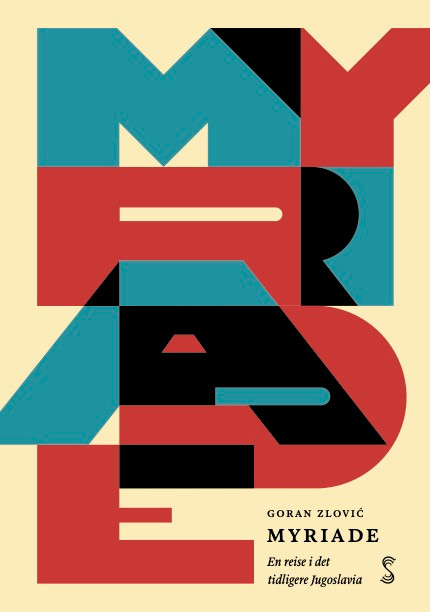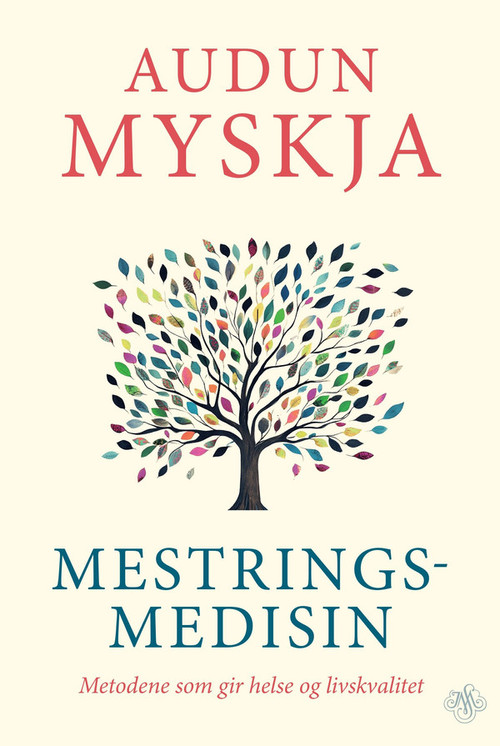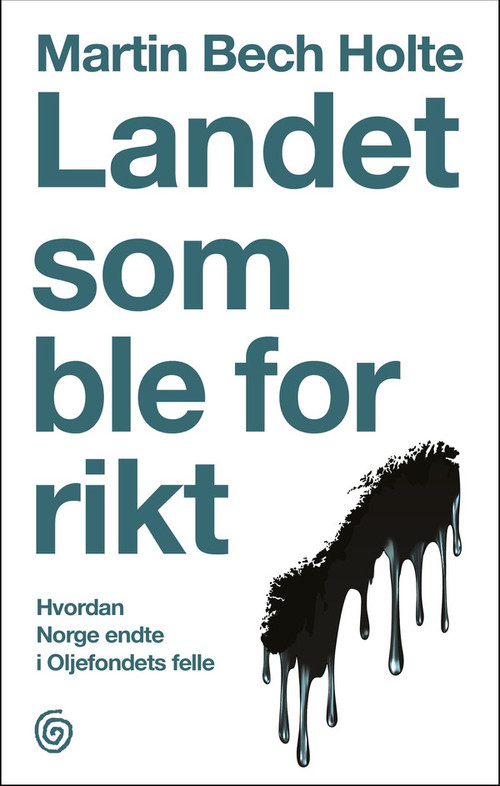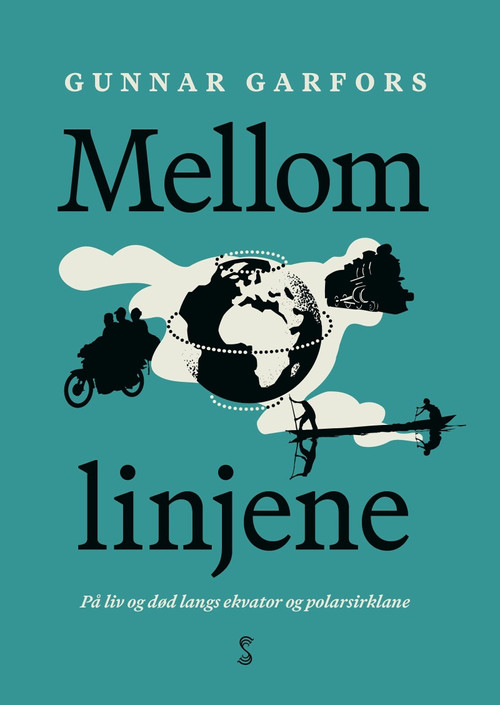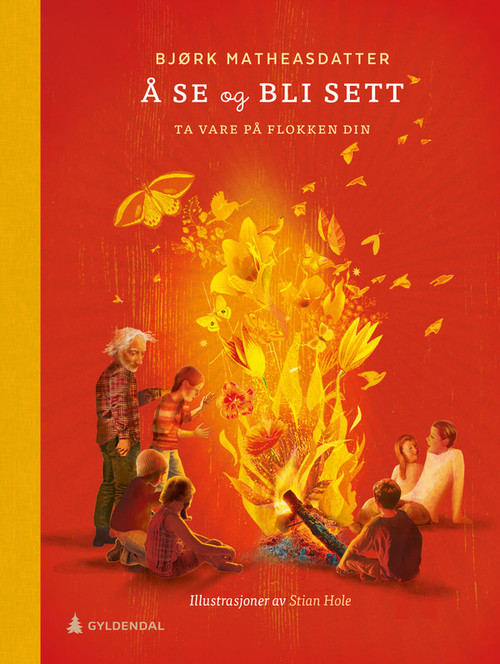Conspiracy theories do a lot of damage. They destroy social relationships. They hollow out social criticism, and replace it with hostile images of the enemy. They take attention away from important debates about real problems, political engagement is being suffocated in a sense of powerlessness and societal frustration being transformed into hatred and extremism.
Yet we tend to be fascinated by these theories. We treat them as light-hearted entertainment, and they keep appearing in popular culture. Often they provoke laughter. But conspiracy theories are not festive. They are dangerous.
The poison pill is both about what conspiracy theories are, and about what they do to us as individuals and communities. Thus the laughter gets stuck in the throat. As the author himself puts it: "I won't deny it: In working on this book, I have sometimes been angry." The book is a committed confrontation with a way of thinking that ultimately threatens democracy.
"SHUDDERING GOOD The poison pill is an easy-to-read book with an urgent theme, and it gives the reader shivers. The current is good at distilling complex matter, he shows how far it can go, if we don't do something. »
